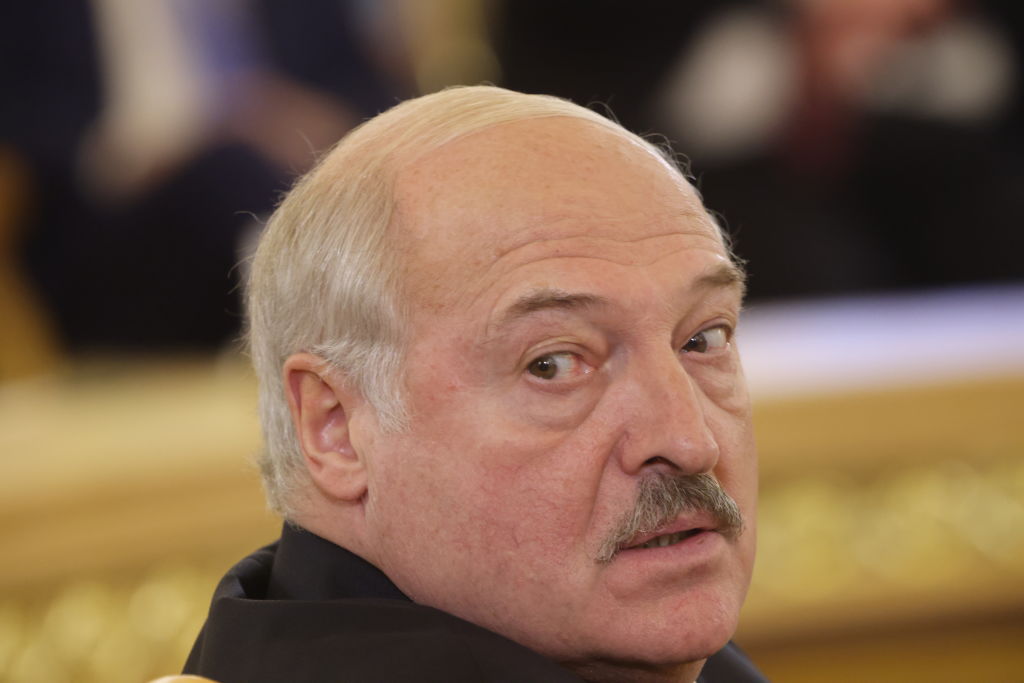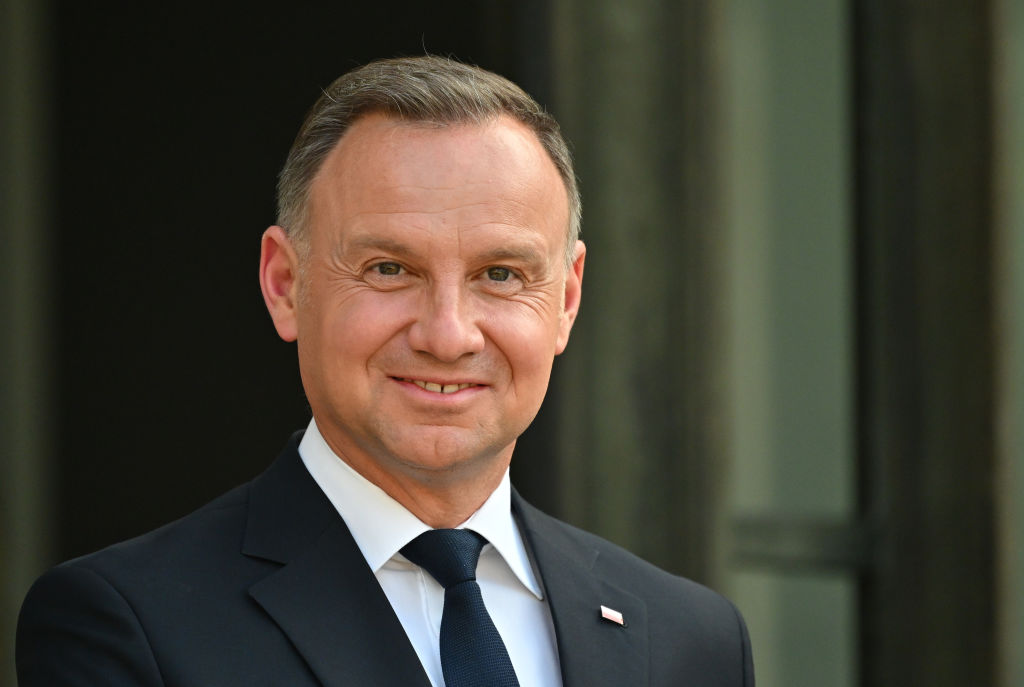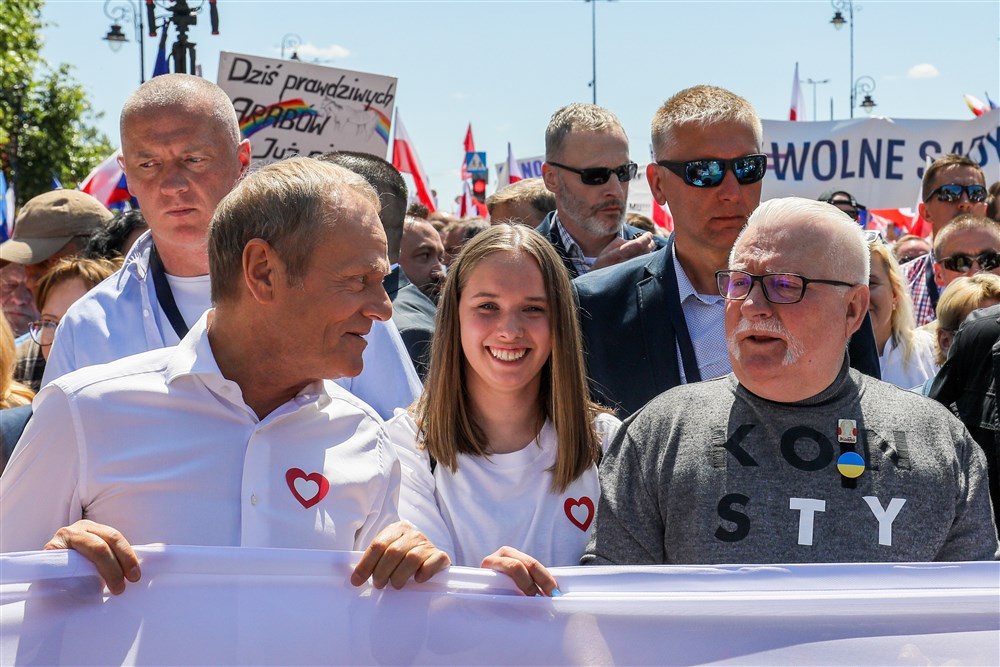Germany is opposing the European Commission’s plan to use frozen Russian assets to help Ukraine over fears that such a move would set a precedent for other countries including Poland and Greece to pursue reparation claims against it via the seizure of German assets.
According to a Financial Times (FT) report on June 26, the EC is working on a plan to provide billions of Euros for Ukraine. The money would be raised through requiring financial institutions that hold frozen Russian assets to hand over the profits generated and use them for the reconstruction of Ukraine.
A German foreign ministry official quoted by the FT said his country was still committed to ensuring that Russia would have to pay for the damage it has caused in Ukraine. But he added that Germany has demanded “further reflection” on the EU proposal because the government believes that the move could create legal and financial risks for his country.
Polish public radio reported one German official calling the EU plan the opening of “a can of worms” as it would set a precedent for seizing assets – which could be pursued by other countries in their reparation claims against Germany.
In autumn last year, the Polish Government officially filed a compensation claim of €1.3 trillion for damage Poland suffered at the hands of Germany during the Second World War. Germany has refused to discuss the Polish claims, saying the matter was resolved back in the 1950s when the then-Polish Communist government accepted that reparations from the country would come out of an amount agreed with the USSR.
Under that plan, Poland was due to receive 15 per cent of the reparations owed by Germany to the USSR but the Soviets decided that Poland had already benefited through acquiring former German territories. That was despite the fact that the Soviets had seized Polish territories in the east.
The Soviets also forced Poland to waive most of its reparation rights against Communist East Germany (GDR). All that remained, they said, were some compensation arrangements between Poland and the GDR, including a curious ‘transaction’ for the supply of six million printed works by Marx and Lenin.
Sources close to the Polish Government feel that, in opposing the EU plan for the use of Russian assets for Ukraine, Germany is not only looking after its own interests regarding the reparation claims but also ‘reverting to type’ by holding out an olive branch to Russia.
Poles also suspect that Germany may be wanting to play Poland and Ukraine off against each other in a bid to avoid the issue. Germany has already hinted that if Poland wants Ukraine to be a member of the EU it will have to forgo the right of veto over foreign and security policy in the bloc.
Poland’s concern now is that Germany may also put pressure on it to abandon its World War Two compensation claim so that the seizure of Russian assets to help Ukraine can go ahead.





